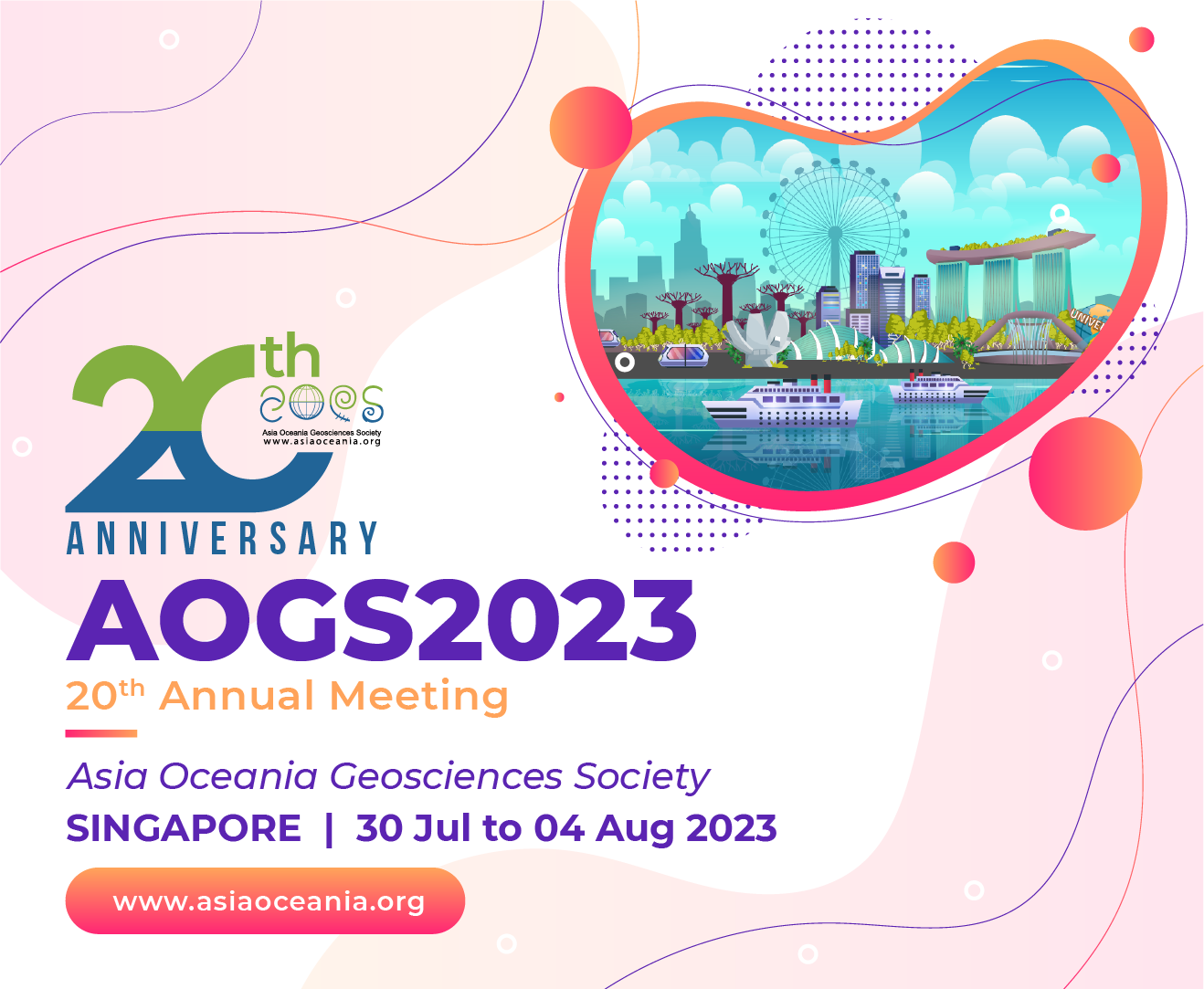

Wei XIA
National University of Singapore
Wei Xia is a researcher in Industrial Systems Engineering and Management Department and Civil and Environmental Engineering Department at National University of Singapore (NUS). He received his PhD degree in Civil Engineering from NUS (advisor: Distinguished Professor Christine Ann Shoemaker). His research interests are focused on the development of optimization and simulation methods for the design and management of large-scale water resources systems. The tools he developed involve hydrologic science, decision-making, operation research, artificial intelligence, and high-performance computing with the goals to find cost-effective and robust solution for water resources and environmental issues. He has developed a series of open-source optimization tools suitable for solving large-scale complex optimization problems. The optimization tools he developed have been used to efficiently solve various water resources and environmental problems such as the automatic parameterization of complex surface-water simulation models and large-scale earth system models, the robust design of green infrastructure for flooding intervention. He also interested in the development of cutting-edge machine/deep learning algorithms and their application in the natural hazard management (such as flooding prediction, algae bloom forecasting). He published several peer-reviewed papers (as leading author) on top journals in hydrology science such as Water Resources Research, Hydrology and Earth System Sciences, Environmental Modelling & Software and journals in operation research and computer science such as Optimization and Engineering and Computer-Aided Civil and Infrastructure Engineering.
HS Kamide Lecture | 01 August (Tue) 08:15 AM – 10:00 AM | Level 3 MR311
Advances in Surrogate-Assistant Methods and Parallel Computing Techniques for Efficient Water Resources and Environmental Model Management
Abstract: Process-based models are frequently used for decision-support in efficient water quantity and quality management of water systems. These numerical models are becoming increasingly computationally expensive because 1) more detailed processes included with our deeper understanding of the system and 2) larger spatial-temporal scale of the model for a more systematic studied approach. Most water resources and environmental models nowadays can take hours, days, and even months to run for a single simulation. The increasing computing demand of these models brings computational challenges for efficient large-scale simulation-based optimization analyses.
Here we present works we have done in past years regarding surrogate-assistant methods and parallel computing techniques for efficient water resources and environmental management. The surrogates developed from the original process-based model using statistical or machine learning models are computationally efficient, allowing for a higher volume of simulation runs as well as faster run times. Parallel computing with deployment on high-performance computing (HPC) systems allows simultaneous computing of multiple expensive simulations, which is effective to reduce the wall-clock time of expensive simulation-based analyses.
We will present a framework specifically designed for solving large-scale simulation-based optimization problems. Our framework involves 1) the design of new parallel surrogate-assistant optimization algorithms, 2) the formulation of effective objective functions, and 3) parallelization techniques for the efficient use of multi-cores on HPC resources. We developed a series of parallel surrogate optimization methods that could be scaled up to 128 processors efficiently and could find solutions with faster speed than alternative methods on a range of benchmark problems.
The optimization framework we developed has been used to efficiently solve various water resources and environmental problems, such as the automatic parameterization of complex surface-water simulation models (lake hydrodynamic and water quality models) and large-scale earth system models, the robust design of green infrastructure for flooding intervention and hyperparameter optimization of deep learning models for runoff simulation. We will cover the new parallel surrogate methods we developed and their applications in real-world problems.
In the end, we will talk about possible future research directions regarding surrogate-assistant and parallel techniques for efficient water resources and environmental management.
